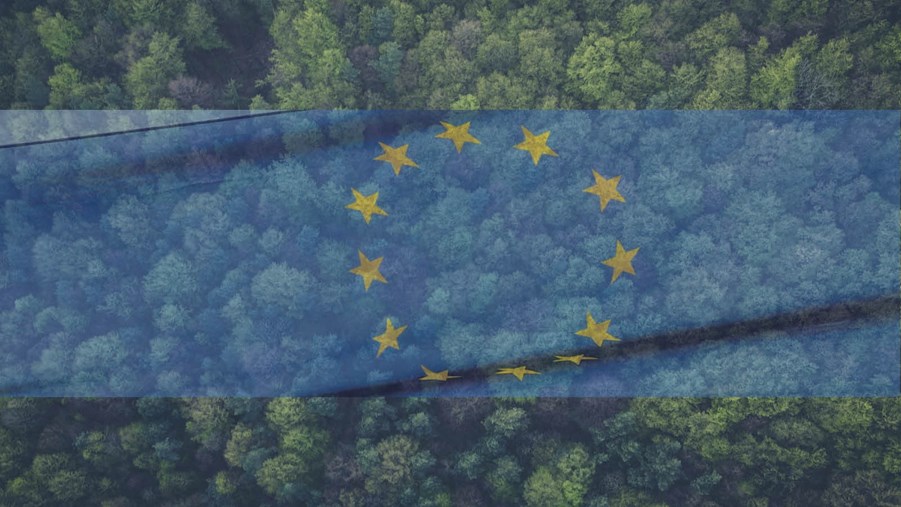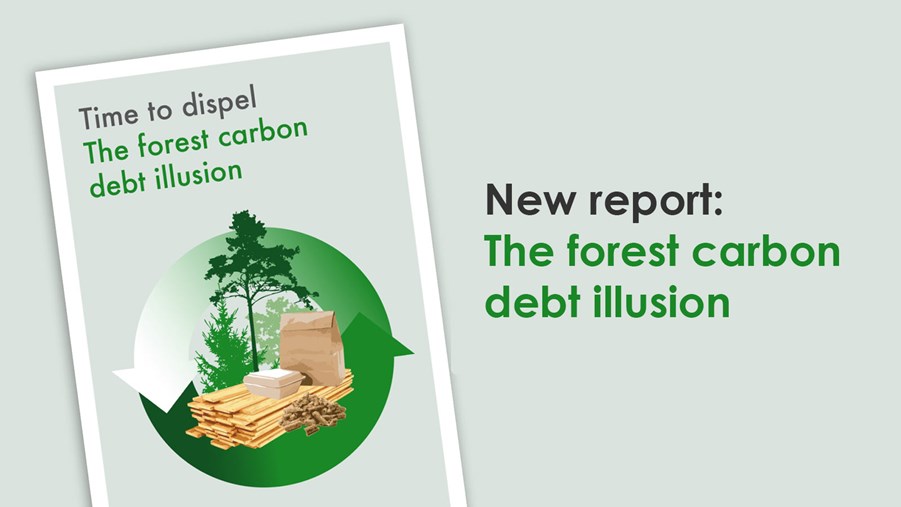
Sustainable forest management that keeps wood stocks constant and uses the growth for wood products and energy makes good climate sense, write over 550 scientists in an open letter to the European Commission, Parliament and Council.
"It's important to make the legislators in Brussels aware of the well documented science supporting sustainable use of forests as a resource. We've heard surprisingly little from those who, like me, believe we can deliver on biodiversity in forests while at the same time allowing the forest to make a key contribution to the climate, the green transition, and the economy", says Rolf Björheden, professor emeritus in forest operations and a signatory to the letter.
Forestry good for the climate and biodiversity
The debate about forests and forestry has largely focused on whether managed or unmanaged forests is the best way to benefit the climate and biodiversity.
"We're talking at cross purposes in the debate about what science can tell us. The time perspective is crucial. In the short-term, a harvesting embargo would increase carbon uptake. But sustainable forest management is of superior benefit to the climate over the longer term, as the IPCC has already acknowledged", says Rolf Björnheden.
The letter emphasises the role of forests and forestry in benefiting the climate, but also biodiversity. Wood from sustainably managed forests is carbon neutral. Extracting timber through forestry equates to the wood and carbon storage lost when trees die due to natural competition between trees or natural disasters in unmanaged forest. There is no carbon debt at the landscape level, the scientists say.
"Active forest management, with thinning and regeneration, means we can increase harvests and capture more carbon from the atmosphere. But the climate benefit is not limited to the carbon sink – much of the benefit, as described by the scientists in the letter, comes from the ability of renewable raw materials to replace products and energy from fossil sources. The wisest climate strategy is to maximise sustainable growth in forests and thus the capacity to replace fossil products", says Viveka Beckeman, Director General for the Swedish Forest Industries Federation.
Time for legislators in Brussels to shift focus
As the scientists see it, sustainably managed forests can help mitigate climate change and increase biodiversity, while also delivering raw materials and renewable energy for the economy.
If the forest harvests stop, growth will level out and the carbon sink will approach zero, as can be observed in the unmanaged forests of Ukraine. The scientists advise against banning biofuels from sustainably managed forests and against increasing the proportion of unmanaged forests in the EU. In their view, such moves would impede the circular bioeconomy, without further benefiting either the EU’s climate efforts or biodiversity.
"The EU should reconsider its counterproductive focus on different ways of exempting forests from being used as a resource. Not everything is perfect in the forest-based sector, much could be improved. However, going forward the focus has to be on making forestry both more sustainable and more productive. Forestry should therefore always be adapted to the regional conditions. The tendency to seek a one-size-fits-all forest management method within the EU shows an underappreciation of the differences between ecosystems", concludes Rolf Björheden.

